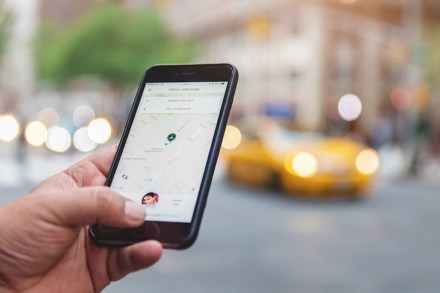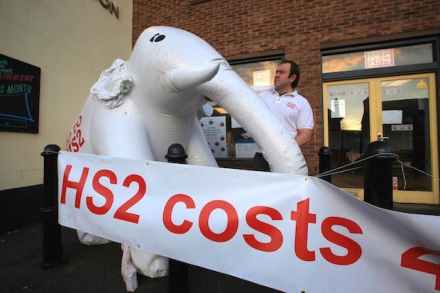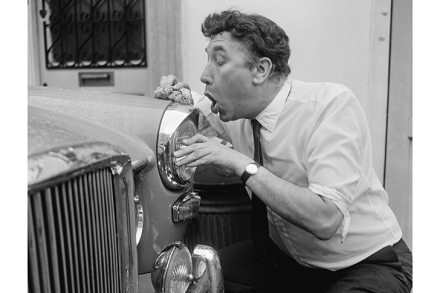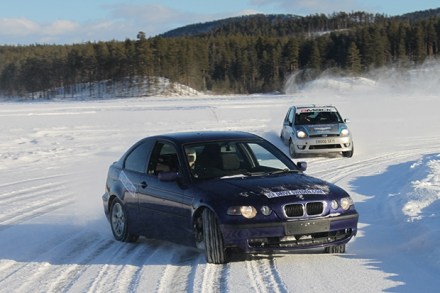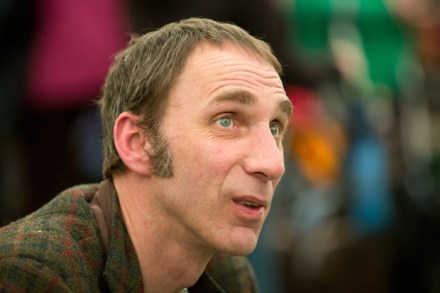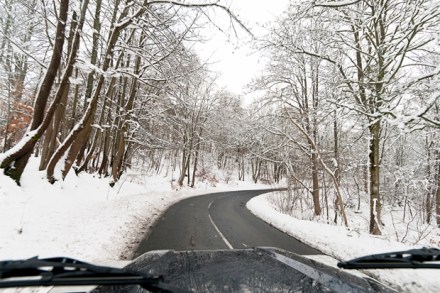Why have I bought a car I don’t actually like?
I am currently in Brittany with the family, having made the 11-hour drive from London on Monday. It sounds like quite a lot of effort for a few days’ holiday, but my friend Wendy Steavenson invited us to stay and that so rarely happens when you’ve got four children that we felt we couldn’t turn her down. No doubt Wendy will regret this after 24 hours, as nearly all our previous hosts have. The journey wasn’t as much of an ordeal as it sounds since Caroline did the driving and I sat in the back and read Jonah Goldberg’s Suicide of the West. It’s a highly readable, 351-page polemical essay





